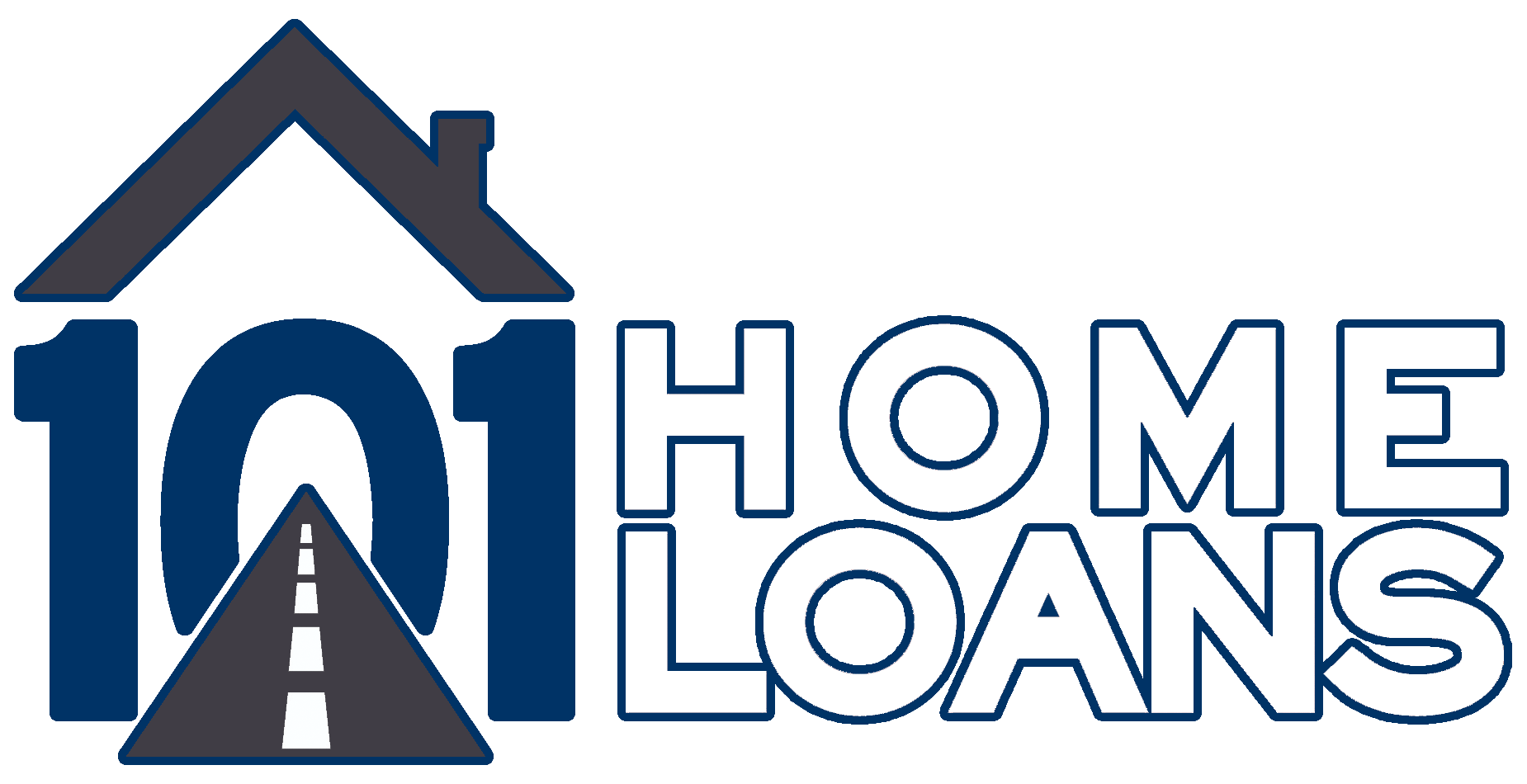
Need To See The Numbers?
Mortgage Payment Calculator.
* Please contact your Mortgage Advisor for official, up-to-date, mortgage interest rates - as well as the latest mortgage information and mortgage advice.
The above calculator is made available to you as an educational tool only, and calculations are based on information provided by you, the user. Any amount calculated is only an estimate. This is not an advertisement for the above terms, interest rates, or payment amounts. 101 Home Loans does not guarantee the applicability of the above terms in regards to your individual circumstances. Calculations may not take into account certain loan-specific costs, including but not limited to mortgage insurance, mortgage insurance premiums, funding fees, HOA fees, etc.
How Our
Mortgage Calculator Works.
To use our online mortgage payment calculator, you’ll need to provide some preliminary details about the home you want to purchase and your loan details. It’s okay to use educated guesses when inputting your information into the calculator; you can adjust the numbers as you go.
Here’s a breakdown of each mortgage calculator component:
- Home Value: The selling price of the home
- Down Payment: The amount the buyer has saved & is willing to invest in the property upfront. The average down payment is around 10%, though the benchmark is 20% to relax PMI requirements.
- Loan Amount: Typically the home value less the down payment
- Interest Rate: The annual percentage rate (APR) charged on the loan
- Loan Term: The amortization period of the loan in years - typically 30 for most US residential loans
- Property Tax: Annual property tax payment
- PMI: Property mortgage insurance as a percent (typically between 0.5% and 1.3%, if less than 20% down payment is used).
- Home Insurance: Annual cost of a homeowners insurance policy
- Monthly HOA: Monthly dues for being part of a homeowners association.
How To Calculate a Mortgage Payment.
When figuring out how much house you can afford, you must first understand the different costs that go into a mortgage payment. These include:
- Principal and interest (P&I): The principal is the total amount you will borrow, whereas interest is an additional fee you pay to borrow the money.
- Property taxes: Homeowners need to pay an annual tax that’s determined by a government entity. The amount you’ll pay is based on factors like the current fair market value of your home. Your lender will hold this amount in an escrow amount and pays them when taxes are due.
- Mortgage insurance: In many cases, borrowers will need to pay private mortgage insurance (PMI) if their down payment is less than 20% for a conventional loan. PMI protects the lender if the loan isn’t repaid.
- Homeowners insurance: Your lender may also collect this amount monthly and pay the entire bill when it’s due. In some instances, you may be able to pay this bill directly to your insurance provider. Most lenders require some form of policy that will cover damage and losses from things such as fire, natural disasters, vandalism, and theft.
Our calculator uses the following formula to calculate a mortgage payment:
M = P [ i÷12(1 + i÷12)^n ] / [ (1 + i÷12)^n – 1]
Where:
- M = monthly mortgage payment
- P = the principal amount
- i = interest rate = number of monthly interest payments over the loan’s lifetime.
Calculating your monthly mortgage payment can help you determine how much house you can afford. Once you see your estimated monthly payment, you can decide whether you need a bigger down payment or a longer loan term, or consider a different home type that’s more affordable.
#YourLenderForLife


Copyright © 2024 101 Home Loans is a division of Fulcrum Home Loans, Inc NMLS # 19264443
The information contained in this website is for general information purposes only. While we endeavour to keep the information up to date and correct, we make no representations or warranties of any kind, express or implied, about the completeness, accuracy, reliability, suitability or availability with respect to the website or the information, products, services, or related graphics contained on the website for any purpose. Any reliance you place on such information is therefore strictly at your own risk.
Web Design and SEO by Fitz Designz

